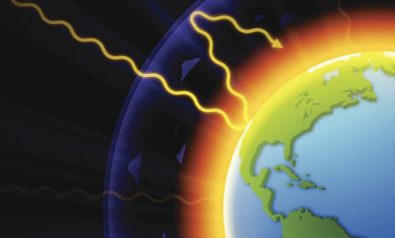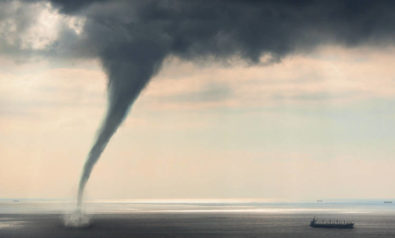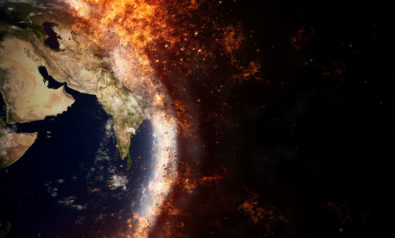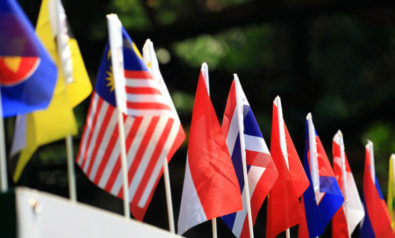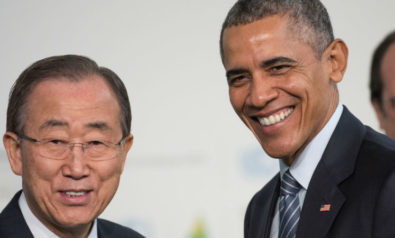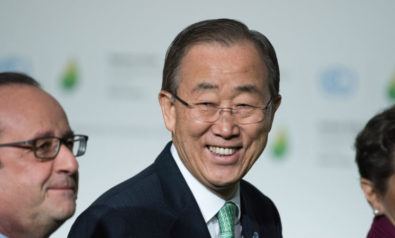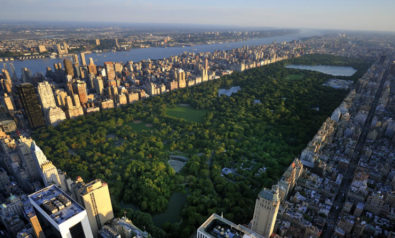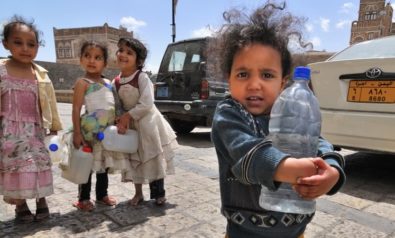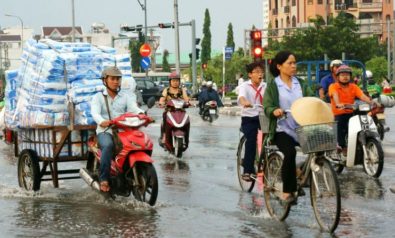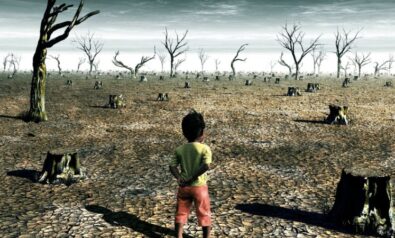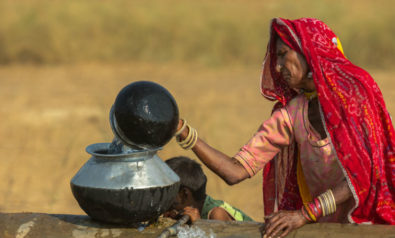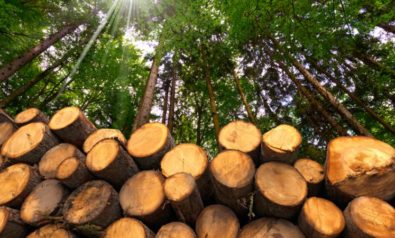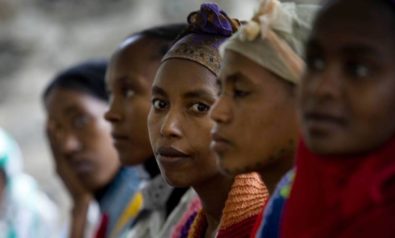Around the world, women have been actively seeking solutions to climate change.
For some, women are seen as weak and vulnerable, and it is no different when it comes to climate change. They are not considered to be agents of change. But this narrative needs to change.
Women are impacted by climate change the most. In 2015, during the Young Feminists Day at the 21st session of the Conference of the Parties (COP 21) in Paris, Majandra Rodriguez, a climate activist from Peru, said: “Women are not inherently weak. Inequalities are created by societies.”
Women’s participation in policymaking
There has been significant progress over the years in terms of women’s participation and engagement in climate action.
“The women and gender constituency continues to grow strong. We went from having [a] relatively small presence in the lead up to Copenhagen to having an extremely large presence in the lead up to COP 21,” said Bridget Burns of the Women’s Environment and Development Organization (WEDO).
She also noted the shift toward a better understanding of women and gender issues inside the United Nations (UN) negotiations. “In the negotiations, we’ve seen a huge shift in terms of understanding around gender and climate change. We went from having no language to having a full set of decisions like the Lima work program on gender,” Burns added.
However, she also noted that while there is “progress in the process and in words,” it hasn’t necessarily translated to implementation. “We see that in COP negotiations, women’s leadership goes down because we see where there are bigger decisions being taken—women’s leadership is less. We also see a huge disparity between gender balance amongst regions so there’s a lot less participation in [the] least developed countries,” she said.
Mubanga Kalimamukwento, a negotiator from Zambia, agrees: “From where I come from, women don’t take a central role in the negotiations. So, many women are not yet properly informed on what they can do.”
Women and Climate Action outside the negotiations
But while women’s participation in policymaking and UN processes still needs a lot of work, many are actively seeking solutions to the impact of climate change.
Anna Samwel from Georgia shares how women in her community have been taking part in mitigation and adaptation actions. “We have been developing a gender [initiative called] Nationally Appropriate Mitigation Actions (NAMA) on sustainable rural energy. Rural women are pursuing the sustainable energy transition by adapting solar water heaters and energy efficient stoves and insulation, all made in their communities. Rural women pursue the adaptation of sustainable technologies,” she said.
Shalia Shahid says the same thing of Bangladeshi women. “Women are the resilient faces of Bangladesh. We’re doing all kinds of things to combat climate change. They are the water managers, they grow food, they work hard to ensure food security for the family and community,” Shahid shares.
However, Ipul Powaseu from Papua New Guinea, a woman with disability, also reminds the women and climate justice movement to also ensure the inclusion of disabled women who are often forgotten. “Women with disabilities are women but their needs are specific. When we talk about issues of women, we need to look at the group of women we have. A lot of times when there are discussions about gender, women with disabilities are left behind,” said Powaseu.
More women participation needed
However, grassroots action will only be beneficial when complemented with policies. This is why women who are involved in the UN negotiations, which conclude on November 18 in Marrakech, Morocco, emphasize the need for more women to be part of policymaking on a larger scale.
“From COP 18, when the gender agenda was introduced into the negotiations, I [wanted] to believe that it was an entry point for women, [and] many women now are part of the process. But the challenge we are having is that the agenda is not sensitive throughout,” said Winfred Lichuma, chairperson of the National Gender and Equality Commission.
 Fair Observer provides you deep and diverse insights for free. Remember that we still have to pay for servers, website maintenance and much more. So, donate now to keep us free, fair and independent.
Fair Observer provides you deep and diverse insights for free. Remember that we still have to pay for servers, website maintenance and much more. So, donate now to keep us free, fair and independent.
“Countries send representatives [to the UN] but we want to see more women at the decision-making table. Once you get to the decision-making table, the policies that are going to come out of future negotiations will definitely be gender sensitive. It’s not just about women being part of the group.” she added.
Gender Justice
Around the world, women have been actively seeking solutions to climate change, and more and more women are participating in policy- and decision-making processes. Although there is still a lot of work to be done, we have significantly moved forward and we hope these spaces for participation and engagement remain open.
We must ensure that in working toward climate justice, women, who comprise half of the world’s population, are not left behind. There will be no climate justice without gender justice.
The views expressed in this article are the author’s own and do not necessarily reflect Fair Observer’s editorial policy.
Photo Credit: Andy Parker
Support Fair Observer
We rely on your support for our independence, diversity and quality.
For more than 10 years, Fair Observer has been free, fair and independent. No billionaire owns us, no advertisers control us. We are a reader-supported nonprofit. Unlike many other publications, we keep our content free for readers regardless of where they live or whether they can afford to pay. We have no paywalls and no ads.
In the post-truth era of fake news, echo chambers and filter bubbles, we publish a plurality of perspectives from around the world. Anyone can publish with us, but everyone goes through a rigorous editorial process. So, you get fact-checked, well-reasoned content instead of noise.
We publish 2,500+ voices from 90+ countries. We also conduct education and training programs
on subjects ranging from digital media and journalism to writing and critical thinking. This
doesn’t come cheap. Servers, editors, trainers and web developers cost
money.
Please consider supporting us on a regular basis as a recurring donor or a
sustaining member.
Will you support FO’s journalism?
We rely on your support for our independence, diversity and quality.



